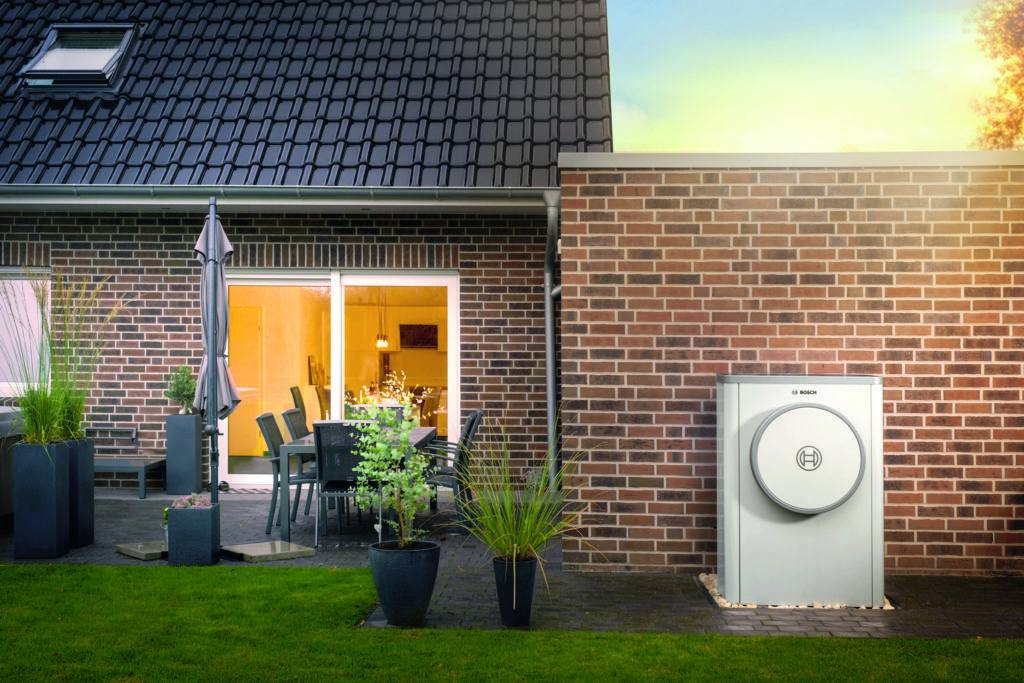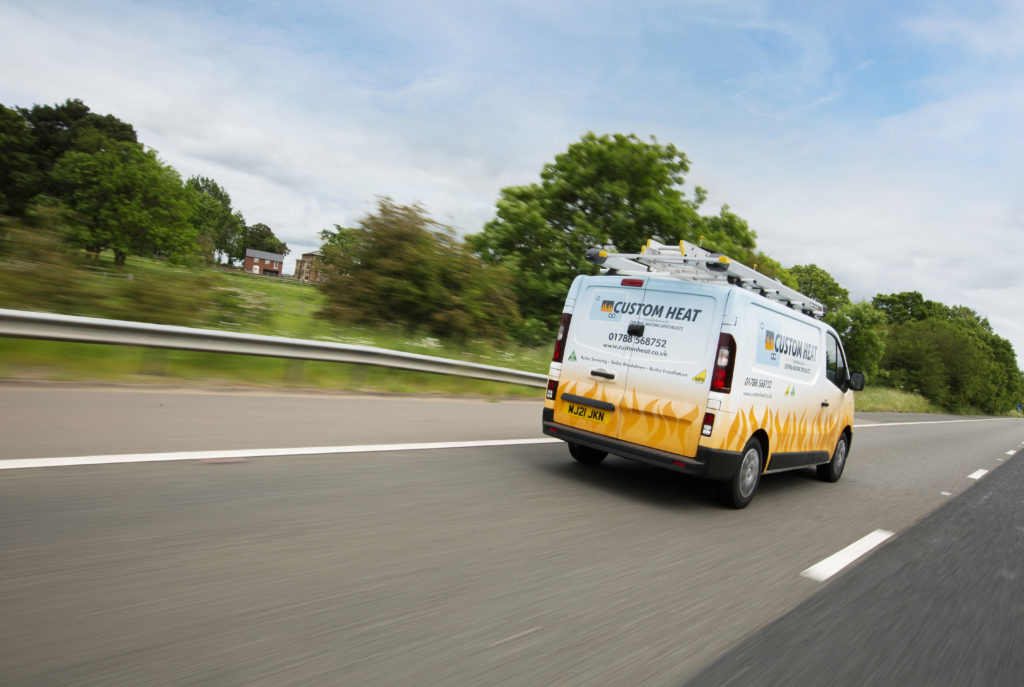
Rising Gas Prices in 2022 – What You Can Do To Save Money
Energy bills rose significantly this April – some by more than 50%. This October brings further expected increases of 40% on top. In this article, get tips and advice on how to save money as we all feel the force of the crunch.
The big fuel bill squeeze is here
Gas plays a huge part in our country’s energy system. Around 85% of homes have gas central heating, and it also generates a third of the country’s electricity.
Energy companies have seen their costs increase dramatically, out of all proportion to what they can charge to customers, and the majority of smaller energy suppliers have folded.er energy suppliers have folded.
The government raised the regulated price cap in April such that the average household annual energy bill will rise from approximately £1,250 to £2,000. This obviously means households all over the country will feel a squeeze on their budgets.
To make matters worse, while the global price of gas continues to rise and people in the UK are already paying high prices for energy and fuel, the Russia-Ukraine conflict is set to impact households even further. Russia is the world’s largest natural gas exporter and the second-biggest exporter of crude oil – vital to heating homes, powering planes and filling cars with fuel.
People will be facing real challenges over the next 12-18 months, and potentially even longer. Normally, consumers would switch providers to find the cheapest deal for their energy supply. However, there are currently no new fixed-rate tariffs cheaper than the government’s energy price cap, and the Ukraine-Russia conflict continues to generate uncertainty over resources.
Save up to a third on your energy bills
Upgrade to one of our A rated options, and save up to a third on your energy bills. Flexible finance, next day installation.
Get a Free Quote
What can you do?
You may have heard about a couple of poorly-judged PR stunts from energy companies that provoked an angry reaction from customers. E.On sent socks to 30,000 customers who had previously responded to an energy saving campaign, and Ovo posted a blog encouraging cost-conscious users to hug a pet or do star jumps to stay warm.
The government has now released their plan to provide financial relief to households across the country, with additional support for lower-income families. You can read more about the Energy Bills Support Scheme here.
So, what practical advice can we offer customers concerned about their energy usage?
What practical tips can we offer you
You’ll probably be aware of some or all of these common-sense tips. But, just in case, let’s run through a few simple actions you can take to reduce your energy bills. And remember, each saving you make is not just more money in your pocket, it’s less of a drain on the resources we all rely on.
1. Turn down your thermostat by 1 degree
If you have a single thermostat in their house, turning it down by one degree from your usual setting can make a real difference without seriously affecting your level of comfort. Obviously, individual homes differ, but you could save around £50-80 per year.

2. Install a smart thermostat
Those able to upgrade to a smart thermostat could make further savings. These devices can reduce your energy use by heating only the rooms you are using, learning how long your home takes to heat up and allowing you to control temperatures from your phone. Custom Heat can help with the installation of a complete system of room thermostats, programmers and radiator valves, which could save around £75 a year.
3. Turn off appliances on standby
It’s surprising how such a small change can make a big difference. Even when it looks like they are turned off, appliances like TVs, computers and consoles will still draw a small amount of power, and it all adds up. And it’s the same with phone chargers plugged into the wall. Switch items off at the plug to be sure.
4. Fit LED bulbs
Swapping old-style filament bulbs for LED alternatives everywhere around the home means you’ll replace them far less often and save around £30 per year. Custom Heat now offers electrical services should you require support with converting your home.
5. Draught-proof your home
Allowing cold air to run through your house so that your thermostat is always playing catch-up means you could be wasting a lot of energy. Sealing your floors and skirting boards, blocking unused chimneys and using draught excluding kits around doors will help with heat loss and could save around £25 a year.
6. One less wash a week
Using the dishwasher or washing machine less often could trim £5-£8 off your annual bill. Also try washing at 30 degrees rather than 40 degrees to save energy on heating the water.
7. Invest in insulation
Loft insulation and double glazing are both highly effective measures for cutting down on heat loss through your roof and windows. The initial outlay can be expensive, but if your home has neither and you plan to be there for a few years, the saving of up to £200-250 per year could be worth it.
8. Install the latest boiler technology
New modern boilers are far more efficient than older models. If it’s been eight years or more since your heating system was installed, then you will almost certainly benefit from replacing a standard efficiency boiler with an A-rated condensing boiler. Not only could this reduce your gas bill by up to 1/3rd, they also come with smart controls that allow you to use it more effectively.

9. Keep track of your usage
Installing a smart meter will allow you to see exactly how much energy you are using and when. This gives you a chance to make informed decisions about how to reduce your gas and electricity consumption.
Looking at renewable or alternative energy
As fossil fuels become less easy to extract and gradually more scarce – and the world also moves towards ecologically friendly energy sources – the cost of gas will remain comparatively high.
Therefore, it makes sense to consider what alternatives could be available, if not immediately then in the long term.
Ground Source Heat Pumps
Using natural energy from the earth to power a heating system for your home, these could reduce your annual bills by up to 80%. The cost of installation is high, but they are low maintenance, come with a long lifespan (typically 25 years) and are usually eligible for Government Funding Incentive schemes such as Renewable Heat Incentive (RHI) Scheme.

Air Source Heat Pumps
Like a refrigerator working in reverse, these take the warmth in the air outside and around the house and use it to power a system that heats your home. As with Ground Source Heat Pumps, they are eligible for the same Government Renewable Heat Incentive schemes.
Solar Thermal
This is a type of solar panel that uses the sun’s energy to indirectly heat the water in your home. With no emissions, they are incredibly environmentally friendly and simple to maintain, with a long lifespan. Having them installed can also add to the value of your home.
Hydrogen Boilers
An exciting new development in the home heating market, these boilers run on hydrogen instead of natural gas (just like space rockets) and the only by-product is water, making them very environmentally friendly. Although they are not yet in general production, we expect them to become available within the next few years.
Meanwhile, it’s a little-known fact that all new Worcester Bosch boilers are now ‘hydrogen ready’, meaning they can run on a blend of 20% hydrogen to natural gas. Just as manufacturers made TVs ‘HD ready’ before the big digital switchover, Worcester are making their boilers hydrogen ready for the potential switch away from natural gas.
Grants to improve your home
Getting work done on your home to make it more energy-efficient can be expensive. Costs for loft insulation, cavity wall insulation, double glazing, alternative fuels and a new boiler system can run to hundreds, if not thousands, of pounds.
However, there is some help available. The government-endorsed Simple Energy Advice website gives details of grants that could contribute to or pay entirely for improvements.
Can you weather the storm?
For many, especially those who have already done what they can to make their energy usage as efficient as possible, it’ll be a case of simply grinning and bearing the forthcoming price hikes and perhaps finding savings in other areas.

For others, especially those eligible for government grants, there is an opportunity to upgrade their home, perhaps soften the blow to their budgets and reduce the drain on natural resources.
Here to help
Want to talk about the latest, most energy-efficient heating systems for your home? One of our friendly local engineers will be happy to go over your options and provide a quote.
Simply fill in the form on our Contact page, or call the office on 01788 568752.


